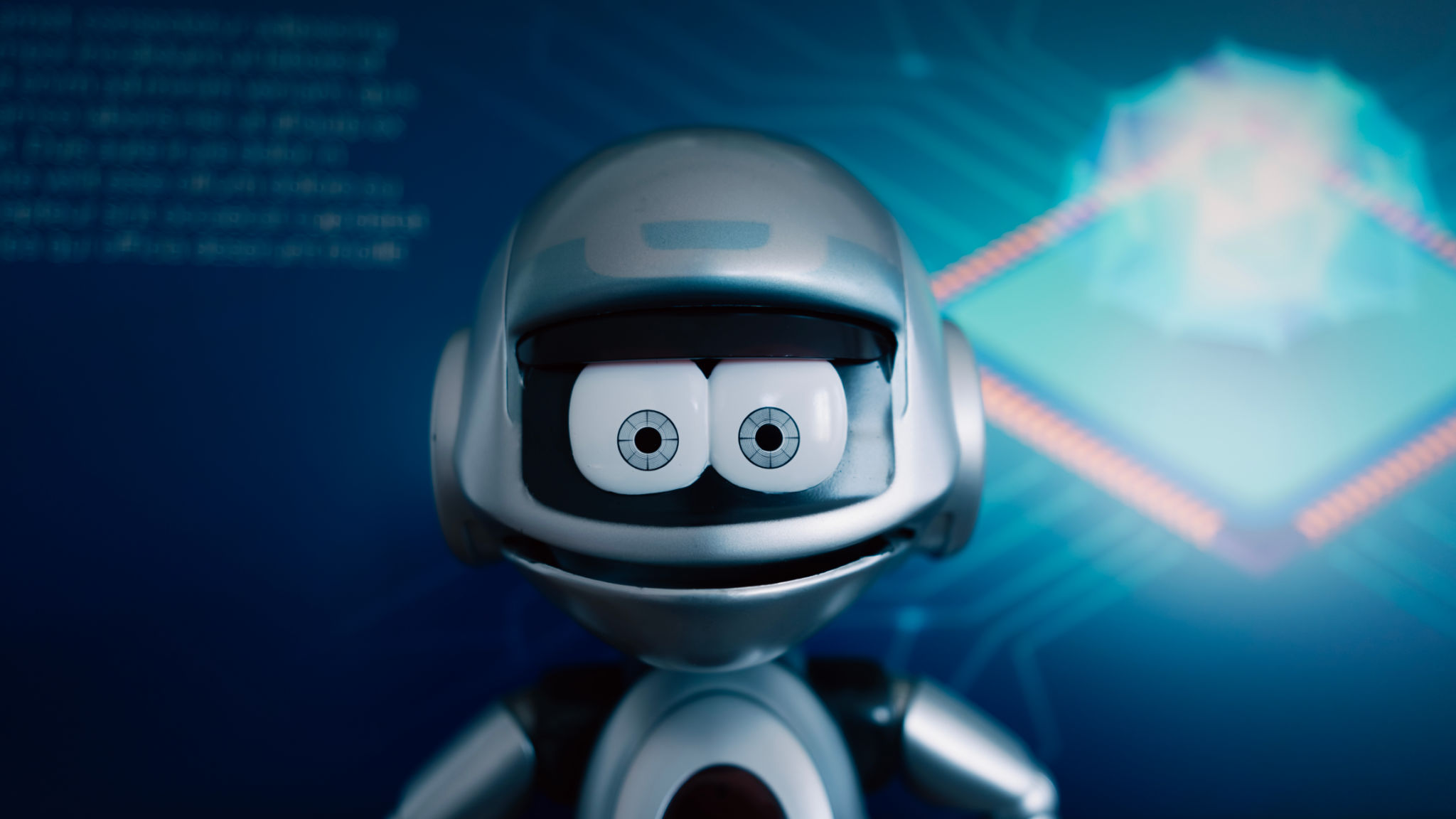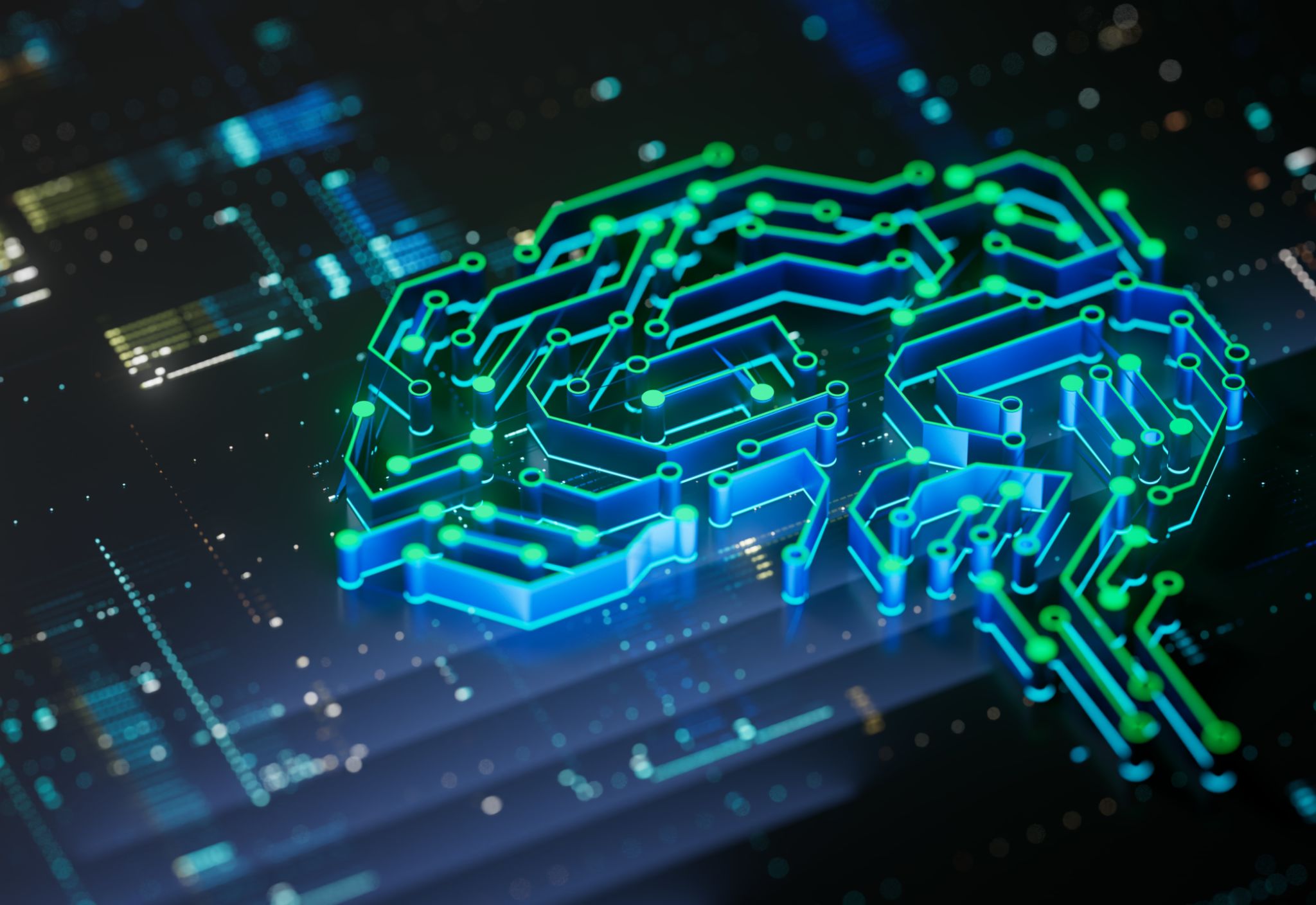Agentic AI vs. Traditional AI: What Sets Them Apart?
AI
Understanding Agentic AI and Traditional AI
Artificial intelligence has made significant strides in recent years, evolving from traditional models to more advanced forms. The distinction between Agentic AI and Traditional AI is crucial for understanding the future of technology. This blog post explores their differences and what sets them apart.
What is Traditional AI?
Traditional AI refers to systems designed to perform specific tasks based on predefined algorithms and data inputs. These systems excel in environments where conditions are constant and predictable. Traditional AI is widely used in applications like image recognition, natural language processing, and recommendation systems.
Despite its capabilities, Traditional AI has limitations. It requires extensive human intervention for updates and lacks the ability to independently adapt to new or unpredictable environments. This dependency on human oversight is where Agentic AI differentiates itself.

The Rise of Agentic AI
Agentic AI represents a new frontier in artificial intelligence. Unlike its traditional counterpart, Agentic AI is designed with a degree of autonomy, enabling it to make decisions and adapt to changes in its environment without constant human supervision. This ability empowers the AI to handle complex, dynamic situations with greater efficiency.
Agentic AI systems are built on advanced machine learning models that allow them to learn from experiences and improve over time. They incorporate feedback loops to refine their decision-making processes, enhancing their adaptability and responsiveness.

Key Differences Between Agentic and Traditional AI
To better understand the distinctions, consider the following key differences:
- Autonomy: Traditional AI relies heavily on human input, whereas Agentic AI operates with greater independence.
- Learning Capability: Agentic AI can learn from its environment and experiences, while Traditional AI follows programmed instructions.
- Adaptability: Agentic AI adapts to new situations dynamically, unlike Traditional AI, which struggles with unanticipated changes.
Applications of Agentic AI
The potential applications for Agentic AI are vast and varied. In healthcare, it can assist with personalized patient care by learning individual health patterns and predicting potential issues. In autonomous vehicles, Agentic AI can improve navigation by adapting to real-time road conditions and traffic patterns.
The financial sector also stands to benefit from Agentic AI's capabilities. By analyzing market trends and adapting to new data, it can optimize investment strategies and risk management practices.

The Future of AI: A Symbiotic Relationship?
As we move into the future, a symbiotic relationship between Agentic and Traditional AI may emerge. Each possesses unique strengths that can complement the other. While Traditional AI excels in specific task-oriented applications, Agentic AI offers flexibility and adaptability in dynamic environments.
This combination could lead to more robust and versatile AI systems capable of tackling a wider range of challenges, ultimately enhancing their value across various industries.
Challenges and Considerations
Despite its promise, the development of Agentic AI presents challenges. Ethical considerations arise as these systems gain autonomy. Ensuring that they operate within acceptable moral and legal boundaries is crucial to harnessing their potential responsibly.
Moreover, the complexity of developing Agentic AI requires significant resources and expertise. Organizations must invest in research and infrastructure to support its growth effectively.

Conclusion
The evolution from Traditional AI to Agentic AI marks a significant shift in how we approach artificial intelligence. By understanding their differences, we can better appreciate the unique capabilities each brings to the table. As technology continues to advance, embracing both forms of AI could lead to unprecedented innovations across numerous fields.
